
While having medical records readily available benefits patients medically and financially, there are also important benefits to medical practices.
Ed Rabinowitz is a freelance writer for Medical Economics.

While having medical records readily available benefits patients medically and financially, there are also important benefits to medical practices.

The majority of physicians understand the importance of improving patient engagement, but time constraints prevent them from being able to successfully connect.
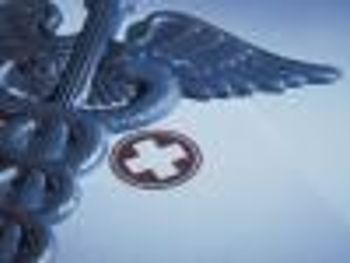
Cardiovascular disease is almost single-handedly bankrupting the healthcare system, according to Bradley Bale, MD. And he's not content to sit back and let it.

Physicians only have time to pursue roughly half of clinical questions raised at the point of patient care, which could be problematic in the future.

For physicians who routinely encourage patients to adopt healthier lifestyles, staying healthy themselves is more than just eating right and exercising regularly.

Beverly Hills psychiatrist Carole Lieberman is more than a shrink to the stars. She's an Emmy winner, an activist, an expert witness, and a soothing voice to many.

Although a majority of patients would choose a physician who offers email communication over one who does not, physicians are slow to change.

Emergency medical physician Sampson Davis is giving back to the community where he grew up and fulfilling a pact he made with 2 of his high school friends.

Having a medical malpractice liability insurance policy is a given for physicians. The more difficult decision is determining what that policy should look like.
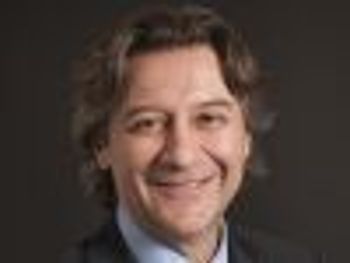
Alessio Fasano, MD, came to the US from Italy looking to expand his horizons beyond celiac disease. Instead, he became a leader in the treatment, research, and education of celiac disease and other gluten-related disorders.

A key reason why physicians are not jumping on board with the PCMH model is that they aren't certain how it affects their bottom line.
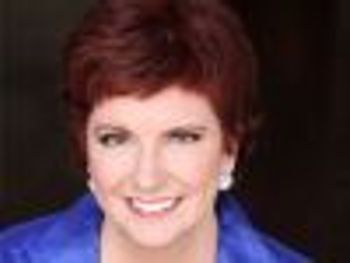
Angela DeRosa, DO, MBA, CPE, was among the 1% of women who experience menopause before the age of 40 at a time when little was known about hormone therapy and few people were discussing the topic of menopause.

Although an old adage cautions us against making assumptions, in the case of meaningful use audits, it's a good idea for medical practices to assume they will be audited.

Successfully integrating a non-physician provider (NPP) into a medical practice depends a lot on the supervising physician. Unfortunately, not all physicians know how best to utilize NPPs.
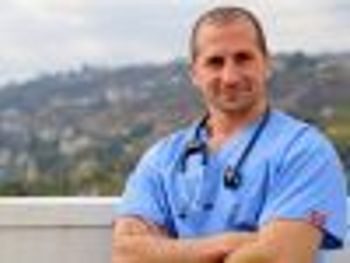
Emergency medicine physician Charles Rocamboli has been inquisitive since he was a child, and as an adult this trait has fueled his development of a medical search engine that crowd sources patient feedback.

An effective and efficient patient scheduling system can have a positive financial impact on a medical practice, but it's necessary for the front-desk person and the physician to work together.

Although cash flow is the lifeline of a medical practice, most medical practices usually miss opportunities to improve their cash flow management.

Some would call it nepotism; others might chalk it up to sound business practice. Regardless, the custom of physicians employing family members at their medical practices is fairly common.
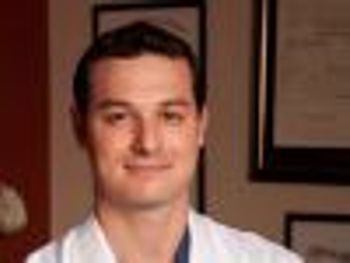
When Matthew Schulman, MD, was a young boy he liked taking things apart and putting them back together. He describes it as having a surgeon's mentality.

The healthcare industry is seeing a dramatic rise in the number of individuals covered by high-deductible health plans and even greater increases are expected in the years ahead.

Every year medical practices lose thousands of dollars due to missed appointments, non-adherence to treatment regimens, and other patient-related matters.
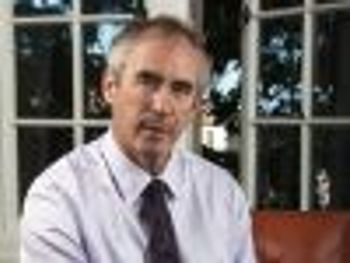
Though it might seem contrary to what he does for a living, spine surgeon David Hanscom, MD, will often talk patients out of surgery. Why? Because he's been through it himself.

As the percentage of older Americans grows in the next 10 years, telehealth services will become increasingly important in order to address the healthcare needs of these patients.

In healthcare, and where medical practice hours are concerned, there's a lot to be said about going non-traditional, but only if you know your patient population.
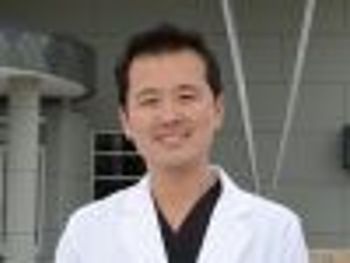
Not only is Douglas Won, MD, FAAOS, an inventor, he trains other spine surgeons in the latest techniques, and he routinely gives back through charity work locally and abroad.

Nearly half of all physicians are age 50 or older, and many would retire today if they had the means. The importance of advance planning when it comes to an exit or retirement strategy cannot be overstated.

The cost to implement ICD-10 were already estimated to be dramatically more expensive than initially thought. Now, with another one-year delay, practices will face more expenses.
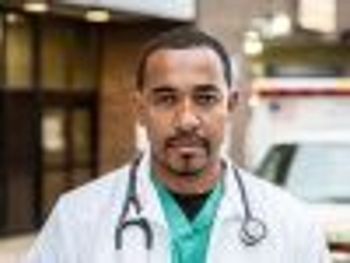
Emergency medical physician Sampson Davis is giving back to the community where he grew up and fulfilling a pact he made with 2 of his high school friends.

For medical practices, patients are your customers, and gathering their feedback is essential to improving their healthcare experience.

For quite some time, many of Bridget Duffy's colleagues thought that she was crazy because she wanted to promote ways to restore broken physician-patient relationships.